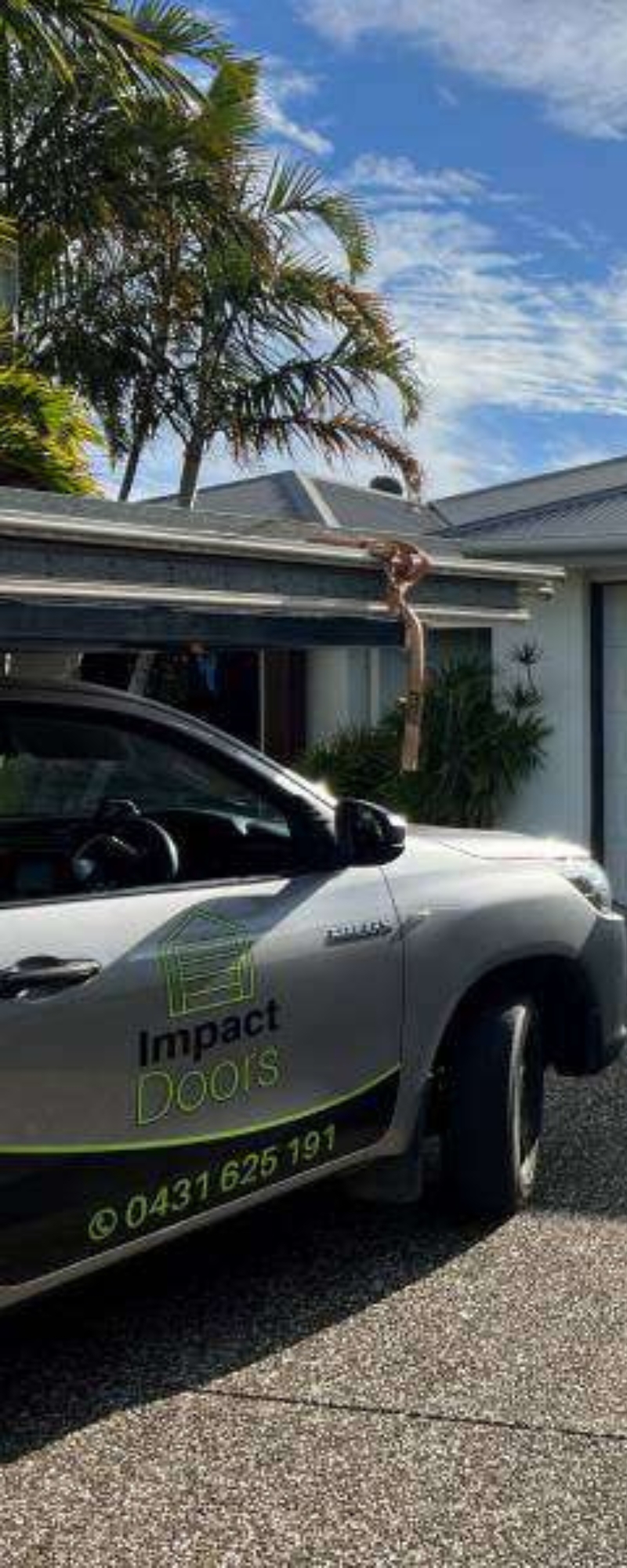Introduction
When it comes to the functionality and longevity of your overhead doors, ensuring proper balance is crucial. A well-balanced garage door not only operates smoothly but also enhances the safety of your home. If your garage door won’t close or you're facing issues with the garage door opener, it may be time to delve deeper into understanding the mechanics behind balance. This guide will equip you with knowledge about garage door maintenance, troubleshooting tips, and professional services available in Moreton Bay to keep your overhead doors functioning flawlessly.
What Does It Mean to Have a Balanced Garage Door?
Understanding Garage Door Mechanics
A balanced garage door means that it opens and closes evenly without any undue garage door repair services strain on its components. When balanced correctly, the door should remain stationary at any position where it's stopped. If it tends to drift up or down, it's likely unbalanced.
Why is Balance Important?
Safety: An unbalanced door can pose safety risks as it may fall unexpectedly. Longevity: Properly balanced doors put less stress on springs and openers, extending their lifespan. Efficiency: A balanced door operates more efficiently, saving energy and reducing wear.How to Ensure Proper Balance in Your Overhead Doors
To maintain a perfectly balanced overhead door, follow these steps:
Inspect the Garage Door Springs
Check whether the garage door spring is in good condition, as they play a significant role in supporting and counterbalancing the weight of the door.
Test the Door's Balance
Disconnect the opener by pulling the release handle. Manually lift the door halfway; if it stays in place, it's balanced. If not, adjustments are necessary.
Adjusting Springs
If you're comfortable doing so, adjust the tension on your garage door springs using a wrench or screwdriver.
Seek Professional Help
If you're unsure about making adjustments yourself or if problems persist (like a garage door that won’t close), reach out for professional garage door service in Moreton Bay.
Common Signs of an Unbalanced Garage Door
Indicators You Shouldn't Ignore
Uneven Movement: The door moves unevenly when opening or closing. Noisy Operations: Excessive noise often indicates mechanical strain caused by imbalance. Frequent Breakdowns: Repeated issues can signal underlying balance problems.Garage Door Spring Types and Their Role in Balance
Different Types of Springs
Torsion Springs: Located above the closed door, providing lifting power. Extension Springs: Found on either side of the tracks; they stretch to lift the door.How They Affect Balance
The type and condition of springs directly influence how well-balanced your overhead doors are. Misalignment or wear can lead to severe functionality issues.
DIY Garage Door Maintenance Tips for Balance
Regular Inspection Checklist
- Inspect springs for wear and tear. Look for rust or damage on cables. Check rollers for lubrication.
Cleaning Your Garage Door
Keep tracks clean from debris that could hinder smooth operation.
Lubrication
Apply lubricant regularly to moving parts like rollers and hinges to ensure smooth performance—this helps maintain balance over time as well.
Garage Door Troubleshooting: When Things Go Wrong
Common Issues Encountered
- Garage door won’t close completely. The opener struggles to lift or lower the door. Unusual noises during operation.
Basic Troubleshooting Steps
Inspect electrical connections if using an electric opener. Check alignment of sensors; misaligned sensors can cause operational failures. Examine weather stripping; excessive buildup may hinder movement.Professional Garage Door Service in Moreton Bay
Why Choose Professional Services?
While DIY methods are helpful, some scenarios require expert intervention:
- Complex spring adjustments Complete system overhauls Safety inspections
Finding Reliable Services
Look for licensed professionals with positive reviews and experience dealing with various types of overhead doors.
FAQs
1. What are symptoms that my garage door is unbalanced?
Signs include uneven movement when opening/closing and excessive noise during operation.
2. How often should I inspect my garage doors?
It's advisable garage door maintenance to inspect them every six months or after severe weather conditions.
3. Can I fix an unbalanced garage door myself?
You can attempt minor adjustments if you're comfortable with tools; however, major repairs should be left to professionals due to safety concerns.
4. How do I know if my garage door spring needs replacement?
If you notice difficulty opening/closing the door or visible damage/wear on springs, consider replacement immediately.
5. What’s included in professional garage door service?
Services generally include inspection, routine maintenance checks, spring adjustments/replacements, lubrication of moving parts, and overall operational assessments.

6. Is regular maintenance really necessary for my garage doors?
Absolutely! Regular maintenance increases efficiency and longevity while preventing costly repairs later on.
Conclusion
Ensuring proper balance in your overhead doors is not just about convenience; it's essential for safety and durability as well! By routinely inspecting components such as springs and rollers—or seeking professional assistance when needed—you can prevent many common issues like a garage door that won't close properly or strange noises during operation.
So next time you think about skipping that maintenance check-up or ignoring signs of imbalance—think again! A little effort today can save you headaches tomorrow—and extend your overhead doors' life significantly!
By following this comprehensive guide on “How to Ensure Proper Balance in Your Overhead Doors,” you’re now equipped with insights into maintaining functionality while enhancing safety within your home environment!